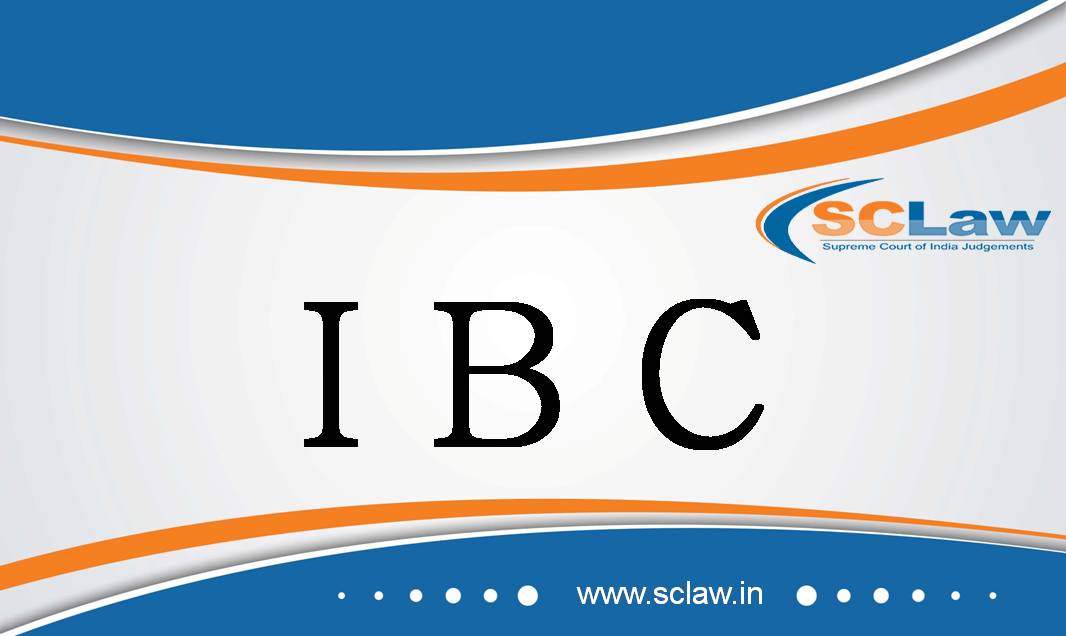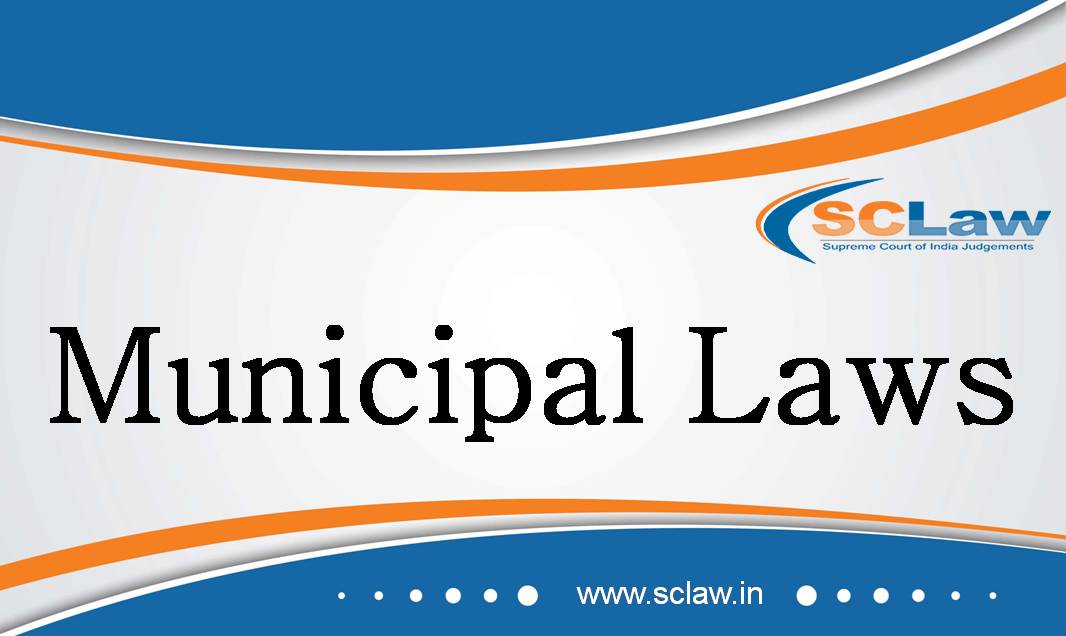Murder – Acquittal – Failed to prove of motive – panch witnesses for their recovery also did not support the prosecution – Remaining circumstances relied on by the prosecution and held as proved by the courts below would not unerringly point to the guilt of the appellants –
SUPREME COURT OF INDIA DIVISION BENCH SHANKAR — Appellant Vs. THE STATE OF MAHARASHTRA — Respondent ( Before : Ajay Rastogi and C.T. Ravikumar, JJ. ) Criminal Appeal No. 954…








